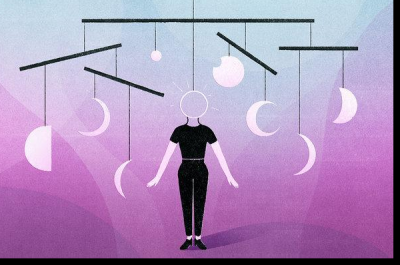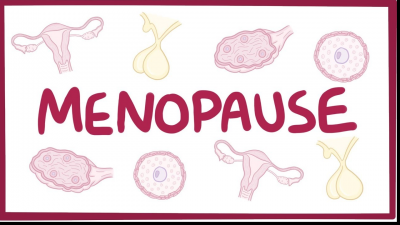The hormone hcg (human chorionic gonadotropin)
Human chorionic gonadotropin (HCG), better known by its acronym in English hCG, or even colloquially by "the beta", is a glycoprotein synthesized in the cells of the syncytiotrophoblast, which are what will later form the placenta. It consists of two distinct chains, one alpha (?) and another beta (ß).
Below you have an index with all the points that we will discuss in this article.
Index- 1. Function of hCG hormone
- 2. HCG screening tests
- 3. Obtaining hCG
- 4. Use in assisted reproduction
- 4.1. Effects of hCG
- 4.2. Indications
- 4.3. Advantages and disadvantages of using hCG
- 5. Authors and collaborators
It increases in blood and urine shortly after implantation and its detection is the basis of pregnancy tests.
Hormonal control of ovulationCurrent pregnancy tests in both blood and urine detect the beta subunit of this hormone; that is why when waiting for pregnancy confirmation is commonly called " beta-waiting ", in reference to the hCG hormone analysis.
Function of hCG hormone
This hormone aims to maintain the functionality of the corpus luteum, which is the follicle after ovulation, as an endocrine entity in the secretion of progesterone during the first trimester of pregnancy.
It is also responsible for preventing the immunological rejection of the embryo by the mother during this first period of gestation.
HCG is the historical and current basis of pregnancy diagnosis.





Comments
Post a Comment